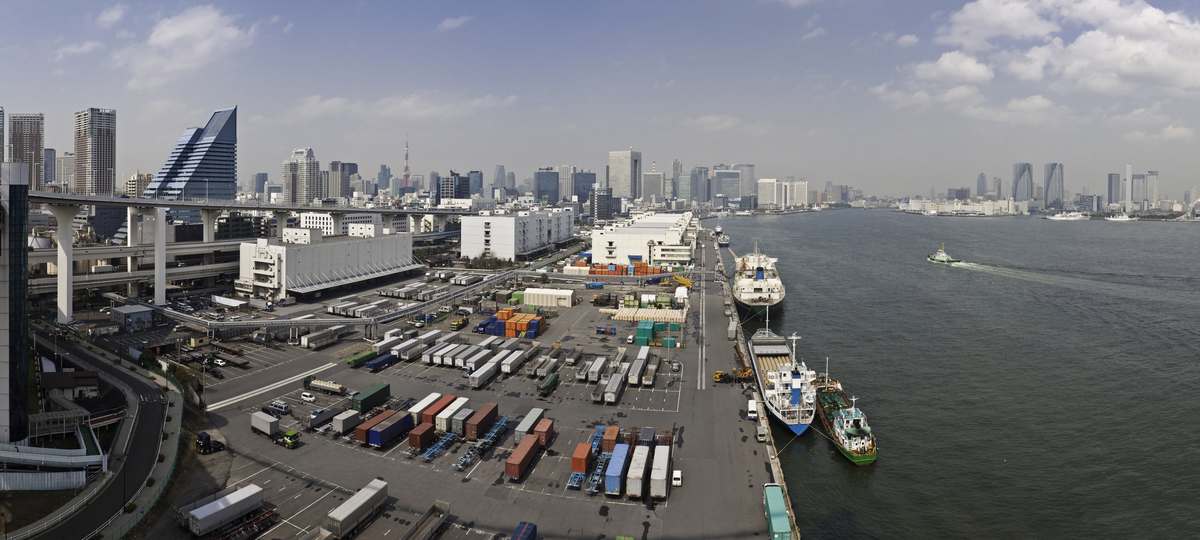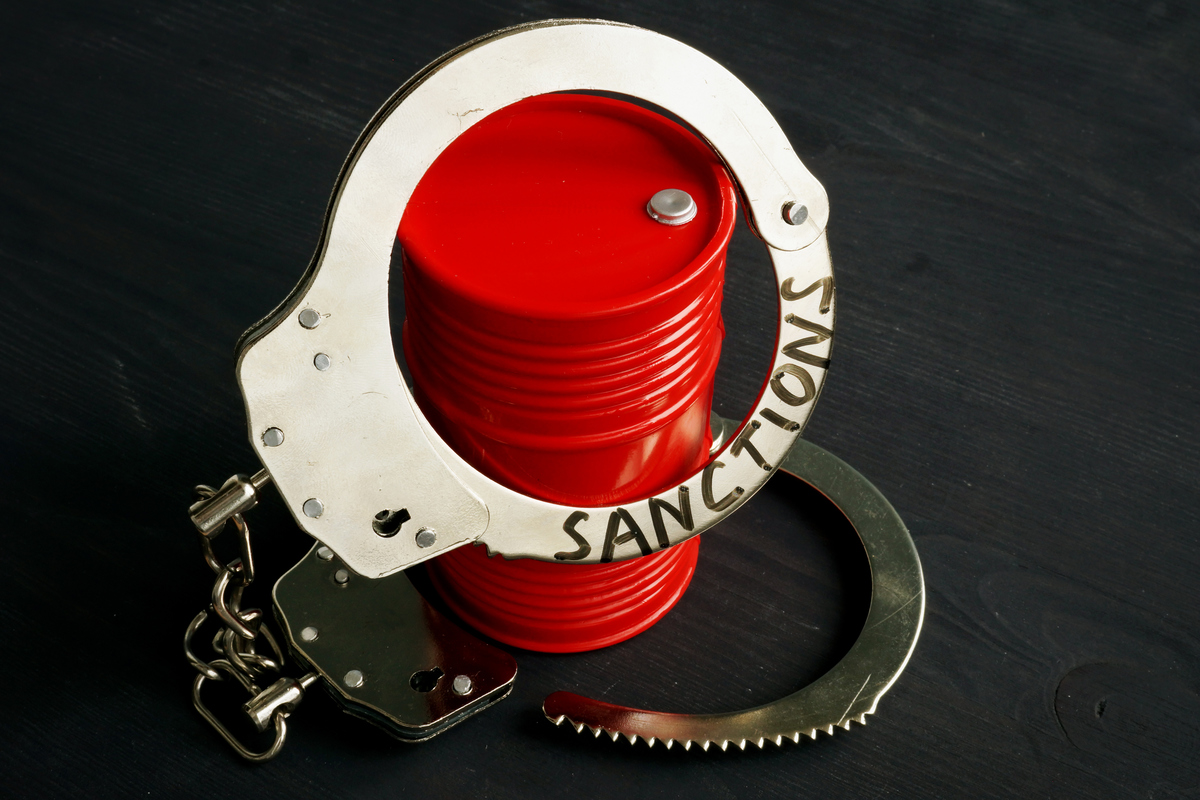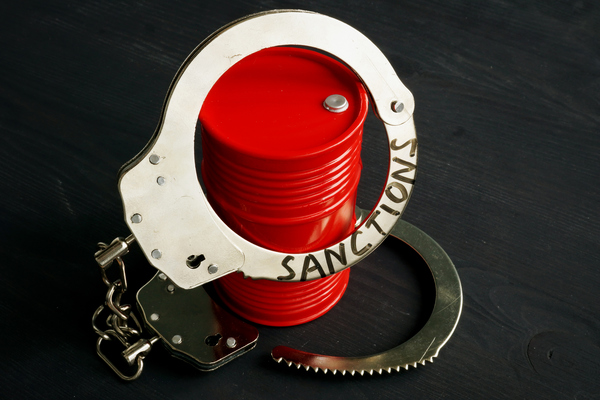Countdown to MEPC 80: Japan seeks 5% green fuels by 2030 and mass retrofits
Access to marine fuels with zero well-to-wake (WtW) emissions and a widespread conversions of fossil-fuelled vessels to renewable-fuelled ones will be crucial to eliminate GHG emissions by 2050, Japan has written in a proposal to the IMO.
 PHOTO: Container dock at Japan's Port of Tokyo. Getty Images
PHOTO: Container dock at Japan's Port of Tokyo. Getty Images
“If these can be ensured, Japan believes that phasing out GHG emissions from international shipping on a WtW basis by 2050 is not an easy goal but an achievable goal."
One of the key drivers to achieve this ambition will be global regulations to fully eliminate ship consumption of fossil fuels by 2050.
A feasible strategy, Japan suggests, would be to replace or convert all existing and newbuild vessels powered by fossil fuels to run alternative fuels with zero WtW emission potential, like green ammonia, green hydrogen, green methanol, green methane and advanced biofuels.
Uncertain availability of zero-emission fuels will be the main barrier to implement these strategies, the Asian IMO member state argues. This is partly because these fuels will not always be earmarked for shipping. Developing vessels and engines that can run on cleaner fuels and alternative bunker infrastructure across global ports will also be key challenges.
Japan has prompted the IMO to do more "mid-term planning" and set more ambitious alternative fuel uptake targets. As a mid-term target, it recommended that by 2030 at least 5% of the global fleet's fuel consumption must be “zero-emission”.
Japan says it still backs the IMO's 40% carbon intensity reduction target for 2030, which is being pursued with Carbon Intensity Indicator (CII) ratings given to vessels.
"...raising the 2030 target on carbon intensity from the current 40% to 65% is premature and inconsistent with the agreed framework of existing measures," it cautions.
Moreover, Japan proposes a 50% reduction in WtW GHG emissions by 2040, compared to 2008 levels. This could serve as a "checkpoint" on the path to a 2050 phase-out of maritime emissions.
Mid-term GHG targets can bolster uptake of cleaner fuels by creating demand, Japan says, arguing that these targets can be achievable without adversely affecting global shipping in the long run.
By Konica Bhatt
Please get in touch with comments or additional info to news@engine.online






